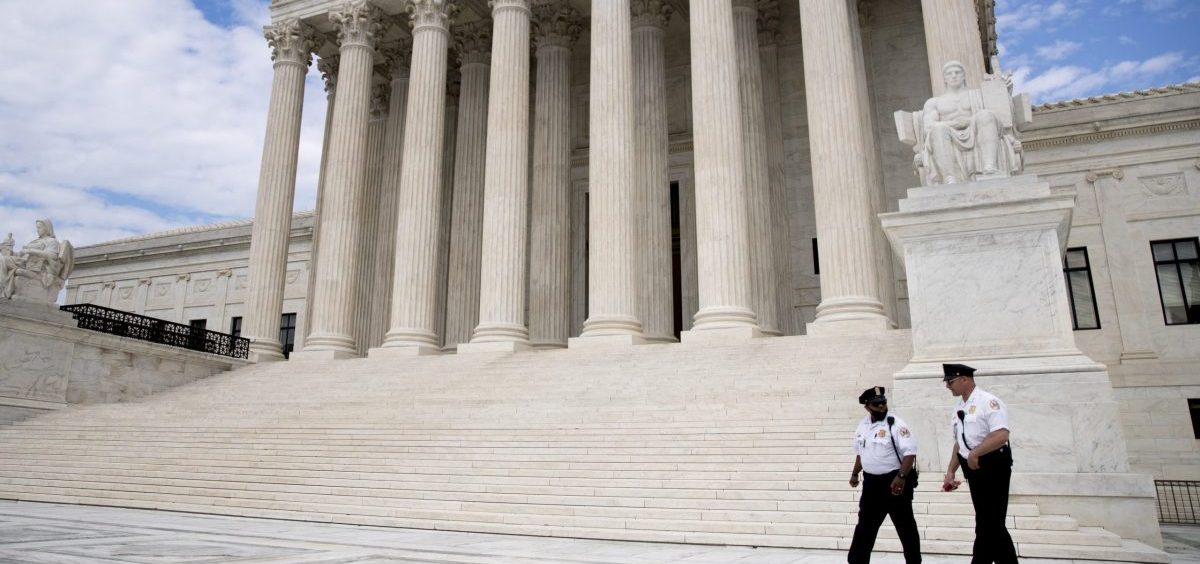News

Supreme Court Will Not Reexamine Doctrine That Shields Police In Misconduct Suits
By: Nina Totenberg | NPR
Posted on:
WASHINGTON, D.C. (NPR) — Amid the tumult over police brutality allegations across the country, the U.S. Supreme Court on Monday refused to reexamine the much-criticized, modern-day legal doctrine created by judges that has shielded police and other government officials from lawsuits over their conduct.
In an unsigned order, the court declined to hear cases seeking reexamination of the doctrine of “qualified immunity.” Justice Clarence Thomas dissented, saying the “qualified immunity doctrine appears to stray from the statutory text.”
It takes the votes of four justices to grant review of a case.
Developed in recent decades by the high court, the qualified immunity doctrine, as applied to police, initially asks two questions: Did police use excessive force, and if they did, should they have known that their conduct was illegal because it violated a “clearly established” prior court ruling that barred such conduct?
The idea behind the doctrine was to protect police from frivolous lawsuits and allow some “breathing room” for police mistakes that involve split-second judgments in tense and dangerous situations.
But in practice, because of recent Supreme Court decisions, lower courts have most often dismissed police misconduct lawsuits on grounds that there is no prior court decision with nearly identical facts.
Several recent studies, including one conducted by Reuters, have found that dozens of cases involving horrific acts, some just as bad as those involving George Floyd in Minneapolis and Breonna Taylor in Louisville, Ky., were thrown out of court on the grounds that there was no “clearly established” court precedent forbidding the conduct.
That’s why critics of the qualified immunity doctrine have called it a Catch-22 that says to victims, in effect, “Heads, the police win. Tails, you lose.”
Two Supreme Court justices have repeatedly urged the court to reexamine qualified immunity doctrine: Sonia Sotomayor, arguably the court’s most liberal justice, and Thomas, arguably its most conservative.
In one previous dissent, Sotomayor said the court “displays an unflinching willingness” in allowing the lower courts to grant qualified immunity to police officers but “rarely intervenes” when lower courts go too far. This “one-sided approach” transforms qualified immunity into “an absolute shield for law enforcement officers,” she wrote.
Similar unusual ideological alliances have been formed by organizations that file briefs regularly at the court — from the conservative/libertarian Cato Institute and the Institute for Justice to the liberal American Civil Liberties Union and the NAACP, all of which have urged the court to revisit the qualified immunity doctrine.
9(MDI4ODU1ODA1MDE0ODA3MTMyMDY2MTJiNQ000))

